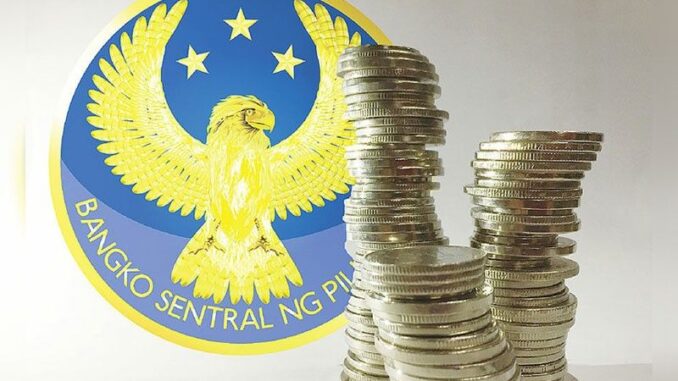
MANILA, Philippines — The hawkishness of the Bangko Sentral ng Pilipinas (BSP) early in the year helped in undershooting inflation targets and is now giving extra room to cut interest rates.
In its latest research brief, think tank Oxford Economics said many emerging markets, such as the Philippines, are being surprised with lower-than-expected inflation.
Lead emerging market economist Tatiana Orlova said Oxford’s monetary hawkishness index in September showed that the Philippines and Mexico were the two major emerging markets with the most hawkish monetary policies.
“Some of the hawkish central banks six months ago – the Philippines, Peru, Indonesia, Hungary and Chile – experienced inflation significantly below consensus during the subsequent six months,” Orlova said.
“This confirms our view that hawkish emerging markets could undershoot inflation targets in the medium term,” she said.
Data showed that the September inflation eased to an over four-year low of 1.9 percent, even falling below the expectation of the BSP.
The sharp reduction was primarily due to slower increases in the prices of food and non-alcoholic beverages, transport and housing, water, electricity, gas and other fuels.
As such, the BSP lowered its risk-adjusted inflation forecast for this year to 3.1 percent from 3.3 percent previously.
While the recent Middle East conflict escalation and its impact on the oil market is an additional risk to growth among emerging markets, Orlova said that this is not a cause for worry, at least for now.
Global oil prices rose sharply in late September due to fears of major supply disruptions. However, prices slipped to less than $75 per barrel by the middle of this month after Israel confirmed no plans to strike Iran’s oil industry facilities.
The think tank said oil prices could average $80 per barrel this year, lower than the $82.50 per barrel in 2023.
It is expected to further go down to $72.60 per barrel by 2025.
Orlova said such a scenario would be conducive to further disinflation among emerging markets.
The BSP slightly increased the risk-adjusted inflation forecast to 3.3 percent from 2.9 percent for 2025 and to 3.7 percent from 3.3 percent for 2026.
This is mainly due to potential adjustments in electricity rates and higher minimum wages in areas outside Metro Manila.


Be the first to comment